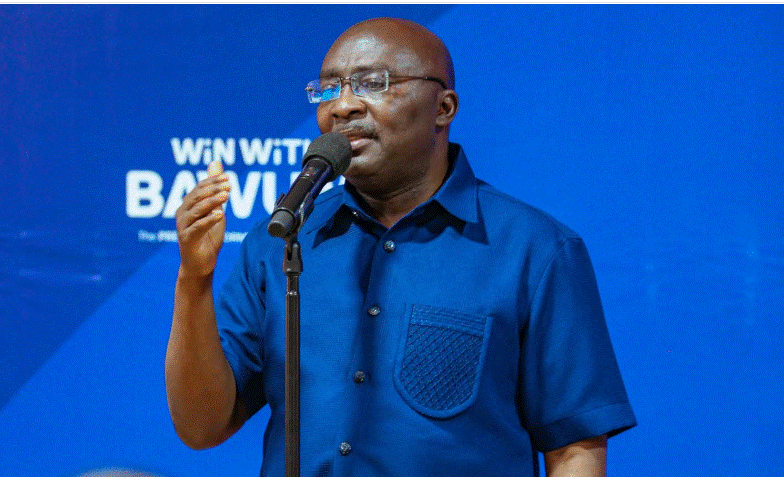
The Minister of State in charge of Tertiary Education, Professor Kwesi Yankah, has stated that the proposed Centralised Application and Processing Service (CAPS) policy is not intended to take away the admission processes away from the managers of the country's universities.
Rather the policy, he said, would facilitate the processes of applying to the universities and obviate the stress involved in the separate applications which had not undergone revision since the genesis of university education in the country.
"The bottom line is government's agenda to roll out a centralised admission and placement services for universities to facilitate the processes of applying to universities, and obviate the stress, drudgery and expense entailed in separate applications to universities, which has not undergone revision since the genesis of university education in Ghana," he added.
Prof. Yankah gave the assurance at the opening of a three-day stakeholders' sensitisation workshop on the draft Centralised Applications Processing Services (CAPS) report in Accra on Monday.
It was to kick start the sensitisation of the various stakeholders and the general public on the new policy direction in the application processes towards admission to universities in the country.
In addition, it was to afford the Ministry of Education the opportunity to formally outdoor the Tertiary Education Policy Document, which is a major reference document containing essential government policies and institutional best practices.
Opening the workshop, Prof. Yankah said the document encapsulated current and ongoing reforms with the Sustainable Development Goal 4 in promoting inclusive and equitable education, as well as respond to the African Union Agenda 2063.
He explained that the adoption of the CAPS would enable Ghana to join the host of countries on the continent and beyond, where separate applications to universities had been a thing of the past.
"In Ghana itself, the policy is not altogether new. It is partly realised in the operations of the centralised computer placement services available to applicants entering senior high schools and had since been adopted also for entry to colleges of education in Ghana," he added.
The minister said the United Kingdom operated the centralised system through Universities and Colleges Admissions Services (UCAS), which was an independent non-governmental organisation that operated the application processes for 385 universities and colleges.
He said the rationale behind the adoption of same for Ghana was premised on the fact that it would potentially widen access to tertiary education, promote efficiency and transparency and reduce applicant stress and cost, even while the university's institutional sovereignty remained intact.
"This only means that widening access to tertiary education involves breaking down procedural and structural barriers, as well as promoting admission procedures that ensure that accumulation of huge compendium of socio-economic data, for use by government and other stakeholders, to facilitate national planning across all sectors of the economy," he emphasised.
Read Full Story
















Facebook
Twitter
Pinterest
Instagram
Google+
YouTube
LinkedIn
RSS